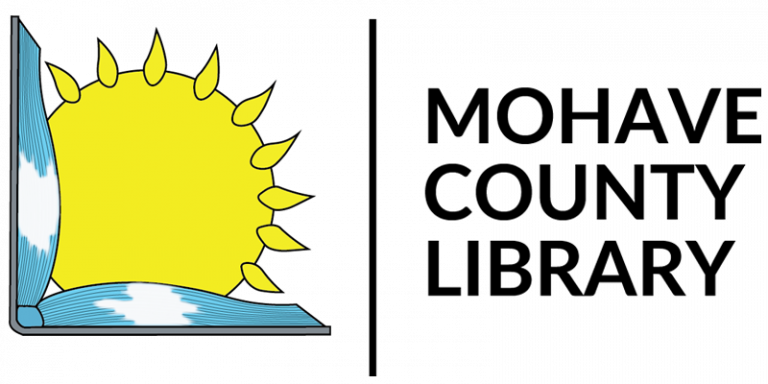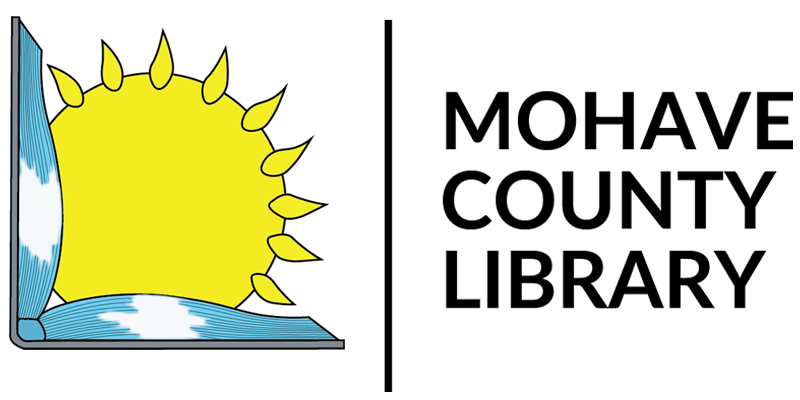APPROVED: Board of Supervisors
Date: February 1998, Rev. 7/99, Rev. 4/16/01
Section: 3601
The Mohave County Library District recognizes and intends to abide by the Copyright Law, 1980 Patent Law, and Off-Air Guidelines and with the Digital Millennium Copyright Act (DMCA).
All copying that is not specifically allowed by the law, fair use, license agreement, or the permission of the copyright holder is prohibited. The law provides, in Section 504(c)(2), that libraries and library employees who engage in copying activities in good faith, which they believe to be “fair use,” are not liable for statutory damages under the law. The Library recognizes that willful violation of the provisions of the law carries severe criminal penalties.
The doctrine of fair use represents an attempt to strike a balance between the requirements of the First Amendment and appropriate compensation to authors as protected by copyright. According to Section 107 of the law, “…the fair use of a copyrighted work…for purposes such as criticism, comment, news reporting, teaching (including multiple copies for classroom use), scholarship, or research, is not an infringement of copyright.” Thus, copyrighted materials may be reproduced under special circumstances that constitute fair use. Among the factors to be included in the consideration of what constitutes fair use are:
- a. The purpose and character of the use, including whether such use is of a commercial nature or is for nonprofit education purposes;
- b. The nature of the copyrighted work;
- c. The amount and substantiality of the portion used in relation to the copyrighted work as a whole; and
- d. The effect of the use upon the potential market for or value of the copyrighted work. Works created under the law will be protected by copyright from the moment of their creation, for the term of the author’s life plus an additional 70 years. Copyright protection for existing works will be extended to span a term of 95 years after first publication or 120 years after creation, whichever come first.
Copying of music is not allowed. The “fair use” concept does not include music. Library users may not copy or distribute copyrighted materials without the explicit permission of the copyright holder. Any responsibility for any consequences of copyright infringement lies with the user; the Library expressly disclaims any liability or responsibility resulting from such use.
The Director of the Library District is responsible for informing all staff that unauthorized reproduction and/or use of copyrighted materials illegal and unethical and that violations of the copyright laws may result in criminal or civil suits and/or disciplinary action. Every library in the District with copying capabilities will include in its reference collection an authoritative copyright handbook such as the American Library Association and National Education Association’s Copyright Primer for Librarians and Educators, 2d ed., 1995. Staff making copies are responsible for making certain the copy is within the law, that all copies are properly labeled as required by the copyright law, and that required signs are posted at copy locations.
Library copying under Section 108 of the law provides certain copying rights to libraries open to the public or whose collections are available to outside researchers. In general, copying must not be done for commercial advantage and the copies must bear the following notice of copyright.
This Material May Be Protected by Copyright Law (Title 17 U.S. Code)
Library staff can make a copy of an article or other contribution to a collective work provided the copy becomes the property of the library customer and the Library has no notice that the copy is for purposes other than private study, scholarship or research. At the place where the Library accepts orders, the following notice must be posted.
NOTICE: WARNING CONCERNING COPYRIGHT RESTRICTIONS: The Copyright
Law of the United States (Title 17 United State Code) governs the reproduction, distribution, adaptation public performance and public display of copyrighted materials NOTICE WARNING CONCERNING COPYRIGHT RESTRICTIONS: The Copyright Law
of the United States (Title 17 United States Code) governs the making of photocopies or other reproductions of copyrighted material.
Under certain conditions specified in the law, libraries and archives are authorized to furnish a photocopy or other reproduction. One of these specific conditions is that the photocopy or reproduction is not to be “used for any purpose other than private study, scholarship, or research.” If a user makes a request for, or later uses, a photocopy or reproduction for purposes in excess of “fair use,” that user may be liable for copyright infringement.
This institution reserves the right to refuse to accept a copying order if, in its judgment, fulfillment of the order would involve violation of copyright law.
The law provides, in Section 504(c)(2), that libraries and library employees who engage in copying activities in good faith, which they believe to be “fair use” are not liable for statutory damages under the law. Willful violation of the provisions of the law carries criminal penalties.
The law provides that libraries are not liable for the unsupervised use of self-service copying machines by customers, provided the following notice of the copyright law is posted:
Notice: the Copyright Law of the United States (Title 17 U.S. Code) governs the making of photocopies or other reproductions of copyrighted material.
The person using this equipment is liable for any infringement.
For in-house Library showings and in-house viewing, only videos that provide Public Performance Rights or materials for which performance rights have been obtained will be used. All video cassettes in the circulating collection will be clearly delineated by labeling for video public performance rights or home-use-only and by placing a note in the 590 field of the bibliographic record. The American Library Association recommends that the following wording be placed at all locations where videos are displayed and/or circulated. WARNING! “Federal Law provides severe civil and criminal penalties for the unauthorized reproduction, distribution or exhibition of copyrighted motion pictures, video tapes or video discs.”
Materials obtained or copied from software or computer network may be subject to copyright laws which govern the making of reproductions of copyright works. Copyright protection exists from the moment of creation and fixation in a tangible manner. This is true regardless of what source the information comes from, miscellaneous networks, the Internet, or other ways, unless notice is posted otherwise.
Under certain conditions of the law nonprofit libraries are authorized to lend lease or rent copies of computer programs to patrons on a nonprofit basis and for nonprofit purposes. Any person who makes an unauthorized copy or adaptation of the computer program or redistributes the loan copy, or publicly performs or displays the computer program except as permitted by Title 17 of the United States Code may be liable for copyright infringement.
When requesting material from another library, compliance with the Copyright Law or the Commission on New Technological Uses of Copyrighted Works (CONTU) guidelines will be indicated. Compliance can be stated as: 1) Conforms to Copyright Law (CCL), or 2) Conforms to CONTU Guidelines (CCG).
This institution reserves the right to refuse to accept a copying order if in its judgment fulfillment of the order would involve violation of the Copyright Law.
Generally, Conforms to Copyright Law (CCL) is indicated when the request is in compliance with “fair use.” That is to say, single copies can be requested for the purpose of teaching, scholarship, or research, and as long as copying will not harm the rights of the owner of the copyright are older than five years.
Generally, Conforms to CONTU Guidelines (CCG) is indicated when: a) No more than five articles per year from one journal title. This limitation applies only to articles published within five years of the date of request. b) Journal or book requests are for titles owned (or on order ) by the requester, but not immediately available. c.) Articles requested are less than five years old.
As a borrowing library, the Library will maintain records of all requests and fulfillments for copies for three years after conclusion of the calendar year when the requests were made. Loaning libraries will place a Registered Copyright symbol ( © ) on all outgoing lent materials that are under copyright.
The Library will maintain complete and adequate records regarding permissions, responses to requests for permissions, and license agreements negotiated and obtained from copyright holders. Generally, copyright agreements, permissions, contracts, and licenses will be disposed of only after expiration, termination or revocation. Official copies of such records will be filed with the Clerk of the Board of Supervisors.


